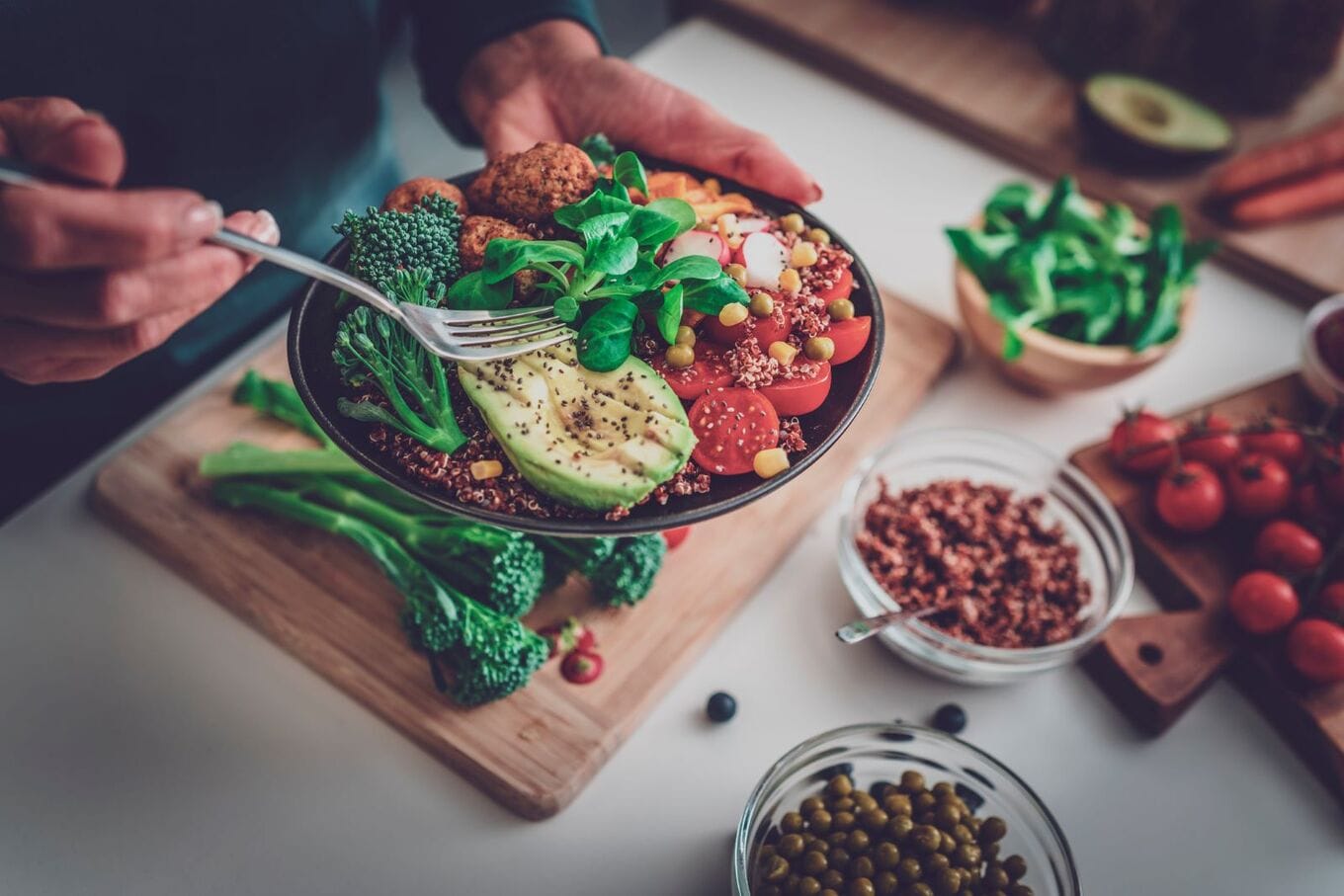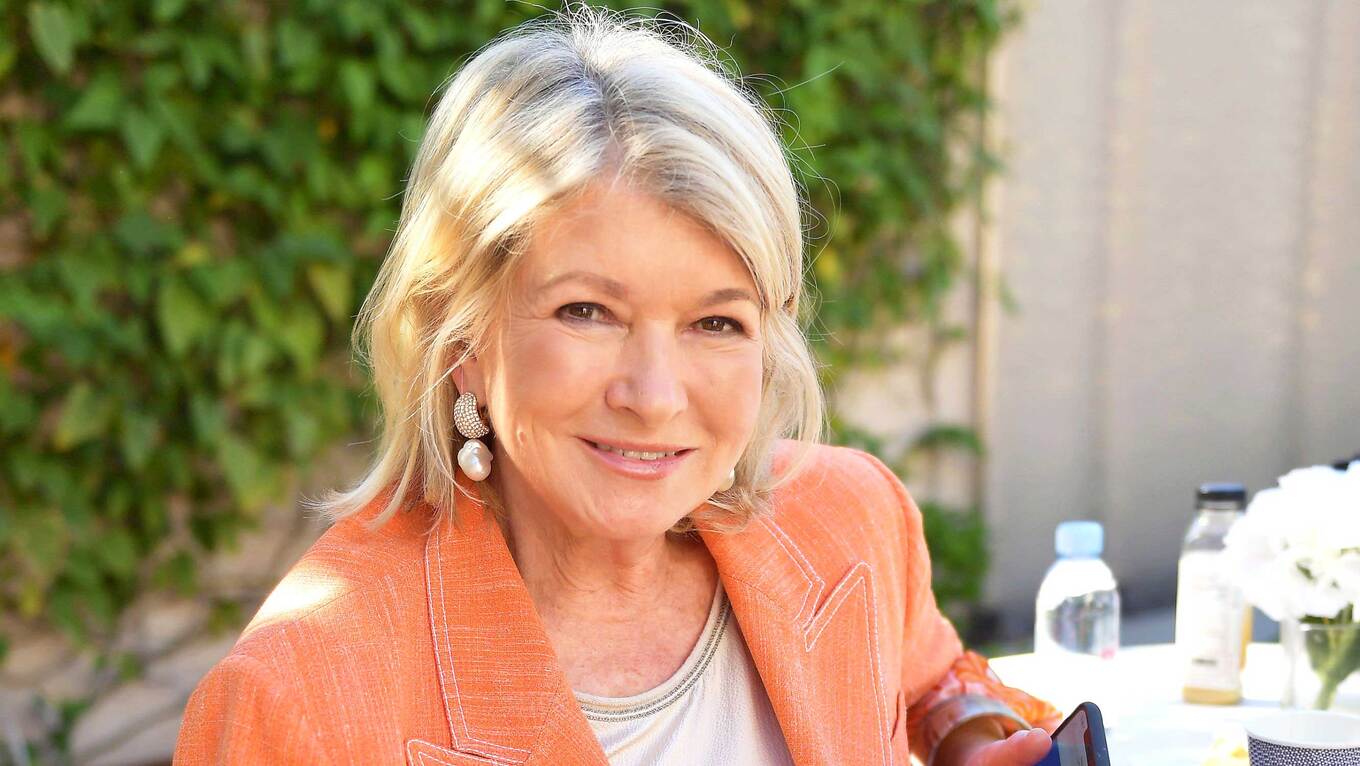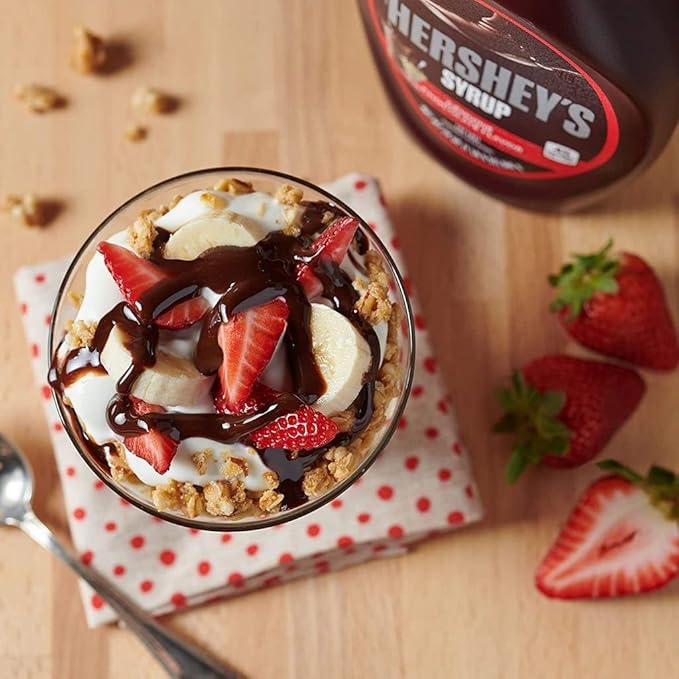Earlier this month, the International Dairy Foods Association (IDFA) threw its Capitol Hill Ice Cream Party in Washington, DC—a free ice cream event it has been putting on for food and agriculture professionals since 1983.
However, an unexpected guest crashed Big Dairy’s massive ice cream party.
Jess Rapfogel
Swedish oat milk brand Oatly set up its own plant-based soft serve truck, dubbed the “Dairy Deprogramming Zone,” directly across the street from the IDFA event.
This move was intended to ignite a broader conversation about the climate crisis and the dairy lobby’s role in it.
Table of Contents
Dairy “deprogramming” with oat milk soft serve
Oatly’s bright yellow truck, topped with a large ice cream cone, was a striking sight against the backdrop of the IDFA’s celebration.
Oatly’s Dairy Deprogramming Zone initiative is rooted in a critical assessment of the dairy industry’s influence over government policies and public perception.
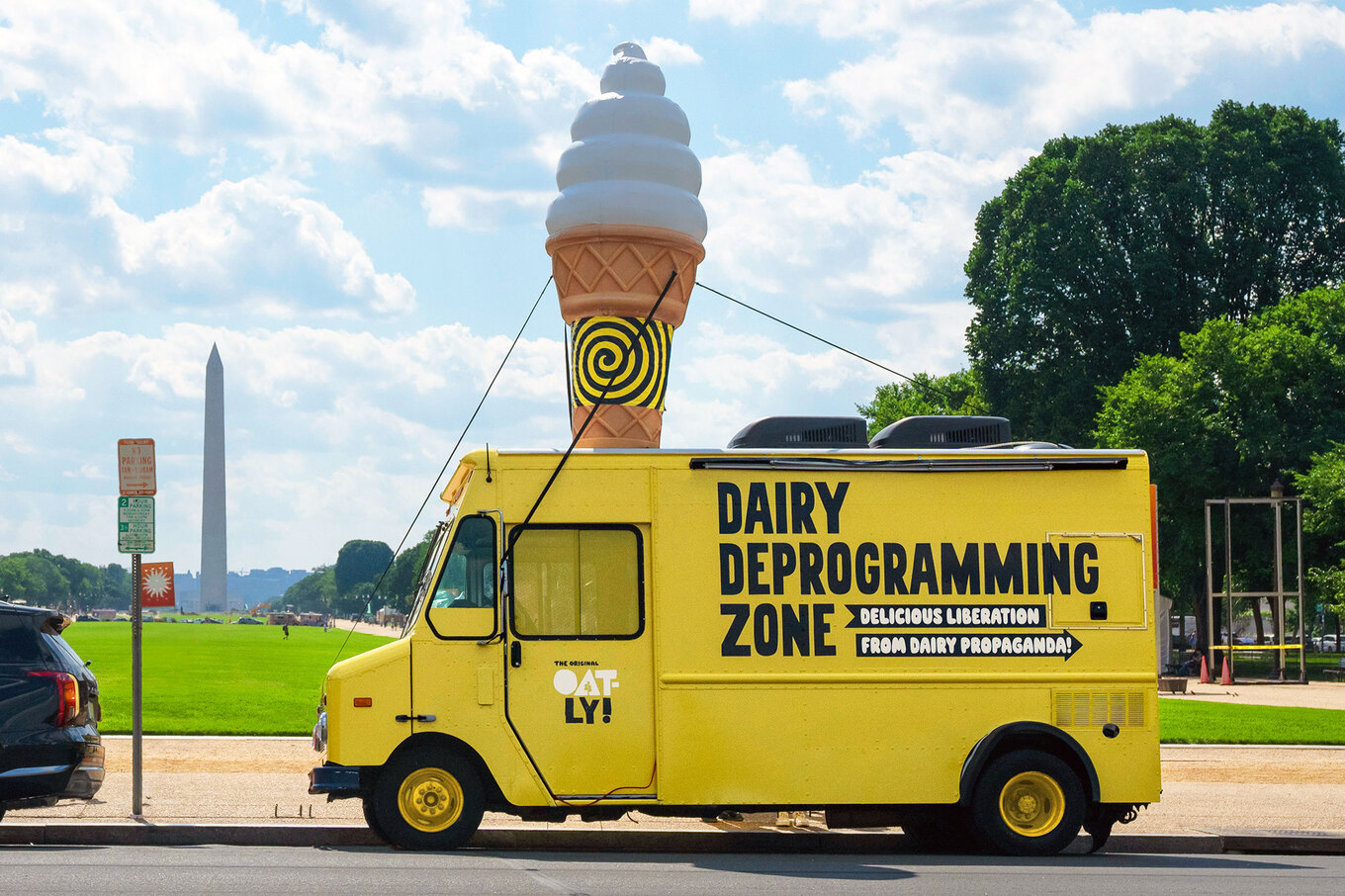 Jess Rapfogel
Jess Rapfogel
From 2016 to 2022, the Dairy Checkoff program—a national producer and importer program for dairy product promotion, research, and nutrition education—spent $1.6 billion on marketing. This extensive investment has shaped public understanding of dairy’s environmental impact, often overshadowing scientific facts that call for a reduction in dairy consumption to meet climate goals.
“We showed up on Capitol Hill to expose the decades-long influence by Big Dairy on our government and in turn, the American people,” Pearson Croney-Clark, Oatly’s Public Affairs Manager, said in a statement.
“The negative impacts of the dairy industry on our climate are significant and can’t be ignored,” Croney-Clark said. “Science clearly shows that to achieve the greenhouse gas reduction targets set by the Paris Climate Agreement and President Biden’s commitment to the Global Methane Pledge, consumption of industrially produced meat and dairy must decline.”
Dairy’s impact on the environment
On its truck, Oatly underscores several key points about the environmental costs of dairy production—which guests could see clearly as they waited for their dairy-free treats.
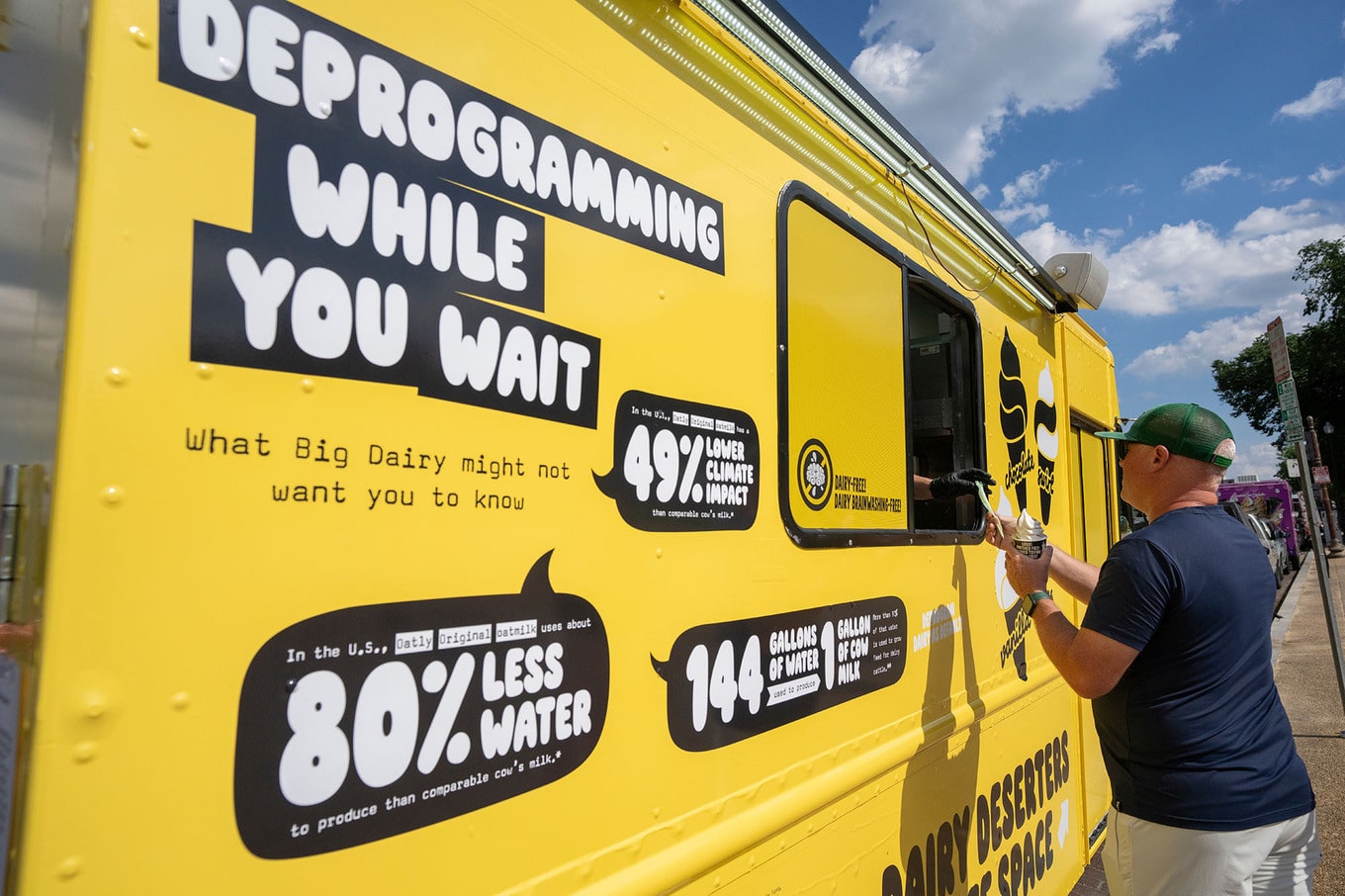 Jess Rapfogel
Jess Rapfogel
On the truck, guests could learn that producing one gallon of milk in the US requires 144 gallons of water, with more than 93 percent of that water used to grow feed for dairy cattle. Comparatively, it takes 80-percent less water to produce Oatly’s plant-based milk.
“Moving away from meat and dairy is one of the easiest ways Americans can lower their climate footprints, but because the dairy lobby is not transparent about the impacts of their products, many people don’t understand the true role that the industry plays in our climate crisis,” Croney-Clark said.
Throughout its decades in business, Oatly has been vocal in its commitment to sustainability. It has previously stated its mission is to “remove the burden milk has on the planet in the next 10 years.”
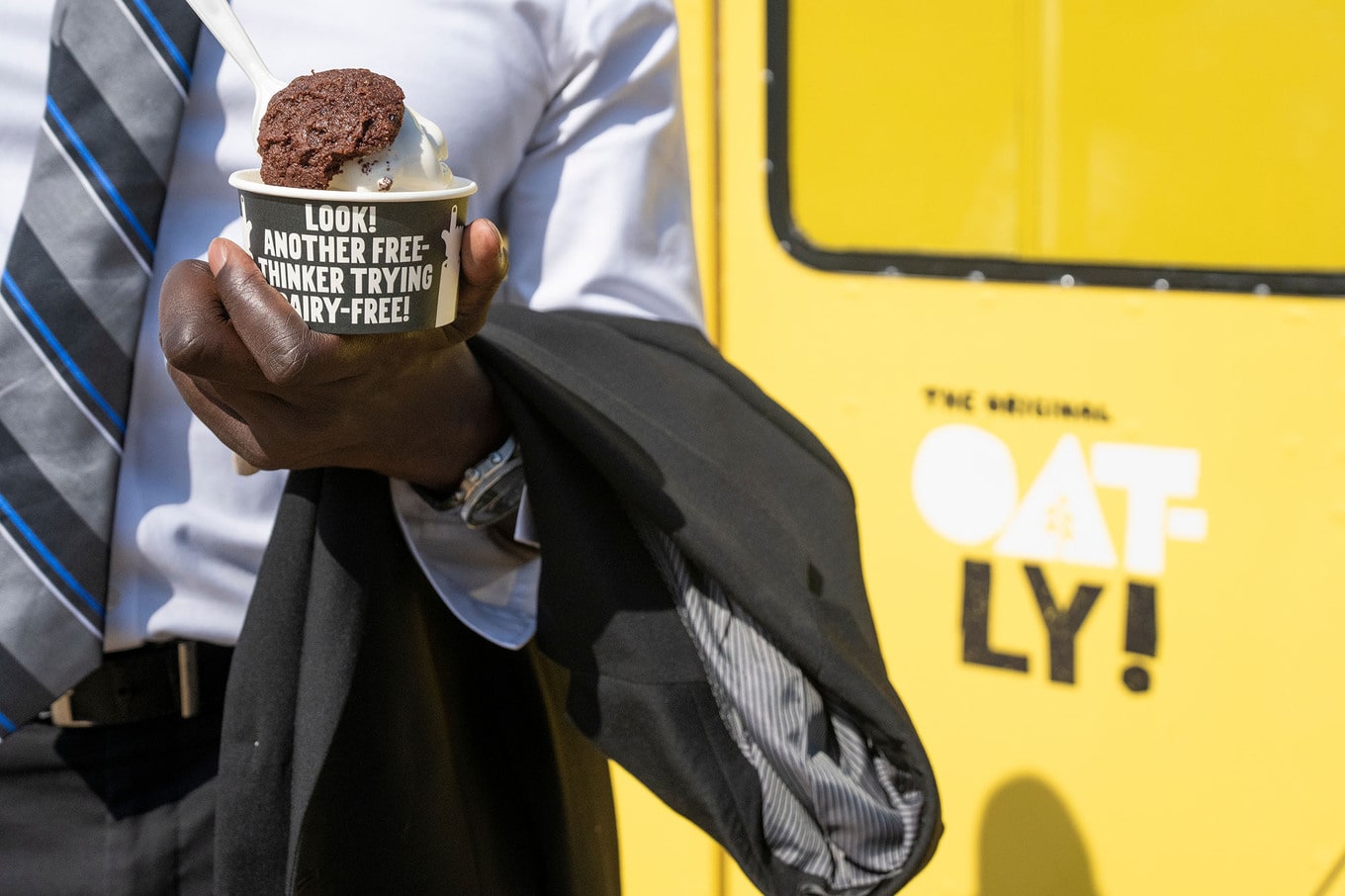 Jess Rapfogel
Jess Rapfogel
“Oatly’s Original Oatmilk has a 49-percent lower climate impact than comparable cow’s milk—that’s nearly half the impact,” Croney-Clark said. “We put our climate footprint number right on the front of our packaging and we’re calling on dairy companies as well as all other food companies to do the same.”
“This would allow Americans to make educated and informed decisions about the impact of their food choices,” Croney-Clark said.
Oatly goes big
Established in 1994, Oatly is a hugely popular Swedish company specializing in dairy alternatives. It’s best known for its oat-based milks that are sold in supermarkets around the world. Oatly is also regularly used in coffee shops, including at Starbucks.
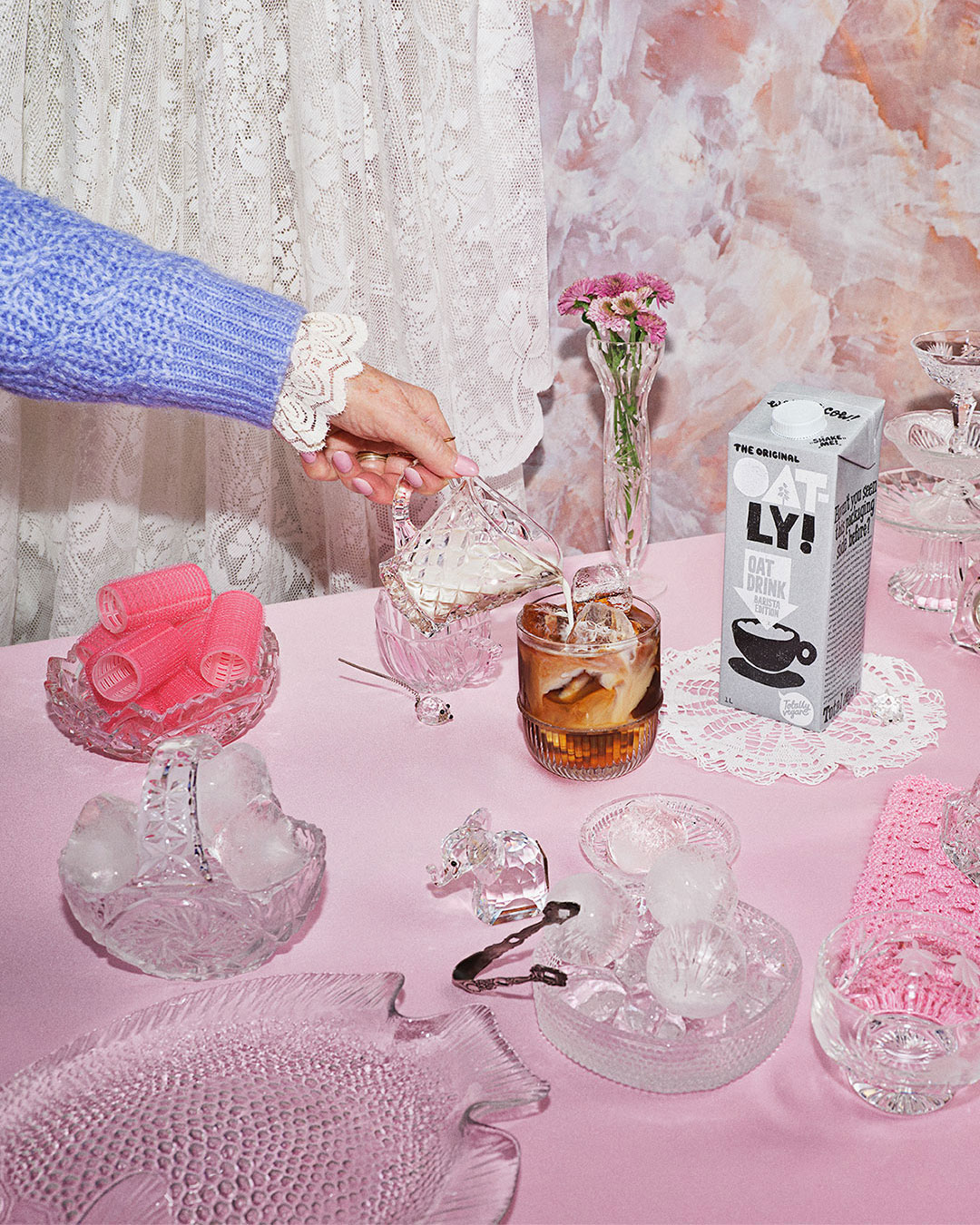 Oatly
Oatly
To make an even greater impact, Oatly recently launched a larger format of its barista oat milk in the United Kingdom. With its new extra-large, 1.5-liter cartons, Oatly aims to meet the growing demand from coffee shops for larger volume packs.
The barista milk, one of Oatly’s best-selling items, is made from a blend of oats, water, rapeseed oil, and salt, as well as vitamins and minerals like calcium, riboflavin, and vitamins B12 and D.
“To achieve our mission to be wherever dairy is, we need to make best-in-class products that make the default to cow’s milk defunct,” Bryan Carroll, General Manager of Oatly UK & Ireland, said in a statement.
“As part of that work, we continue to extend the formats available of the UK’s best-selling plant-based drink so we can best meet the needs of consumers and our coffee partners alike,” Carroll said.
Dairy disloyalty
June is National Dairy Month and in addition to Oatly, other companies have been promoting dairy-free options in creative ways.
Minor Figures recently launched its “Dairy Disloyalty” campaign across six major US cities. The campaign encouraged consumers to switch from dairy to plant-based milk by visiting participating cafes in Atlanta, Los Angeles, Nashville, New York City, Portland, and San Francisco.
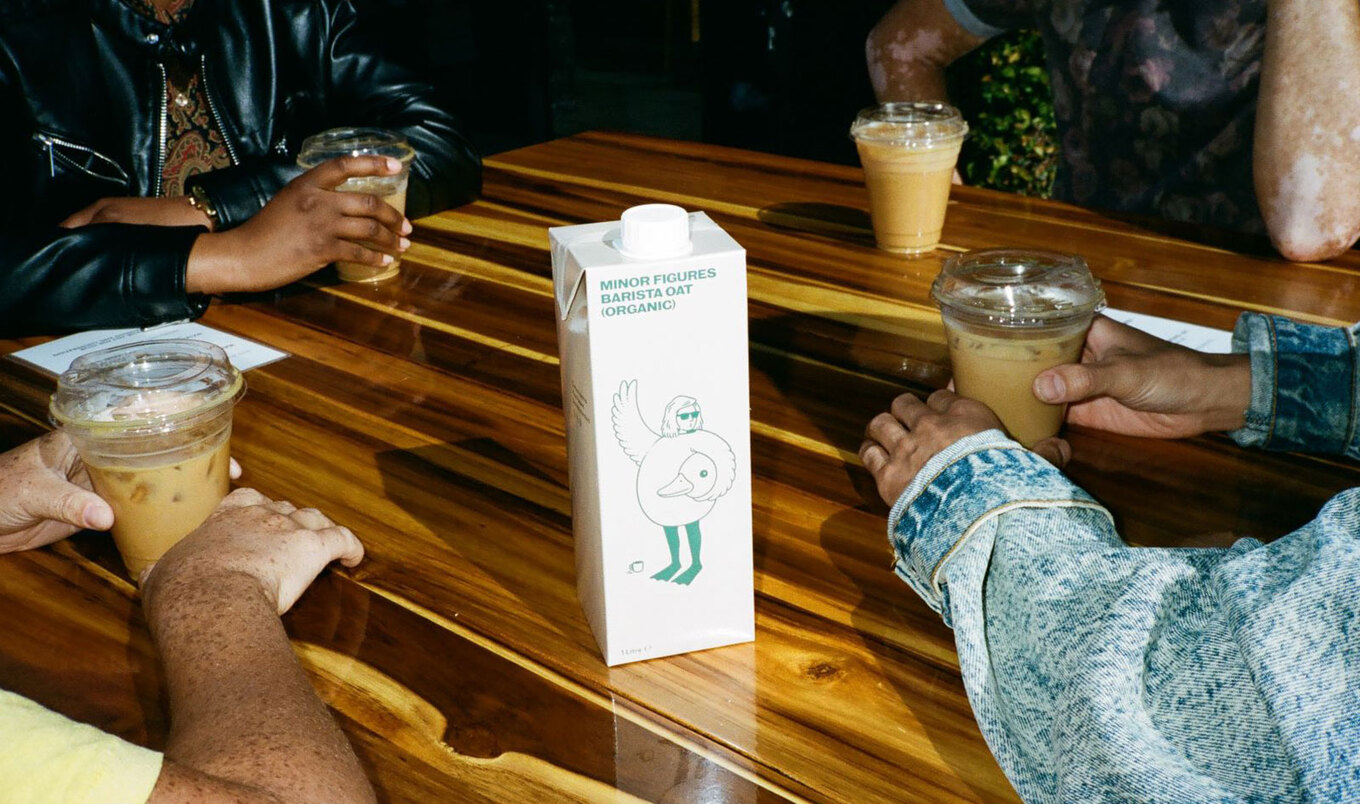 Minor Figures
Minor Figures
Participants who purchased a plant-based milk drink at six different cafes could collect stamps on a special card. The first 100 submissions received a vintage-style Minor Figures bowling shirt, while all participants were entered to win a grand prize: a customized La Marzocco Linea Mini Espresso Machine.
This initiative, similar to Oatly’s Dairy Deprogramming Zone, aimed to raise awareness about the environmental impact of dairy and promote the benefits of plant-based alternatives.
“Through this two-week awareness campaign mobilizing the coffee community, we hope that people will start to look at how a small action, switching from dairy to plant-based milk, can help improve the health of the planet,” Francesa Salac, Head of Marketing in North America for Minor Figures, said in a statement.


